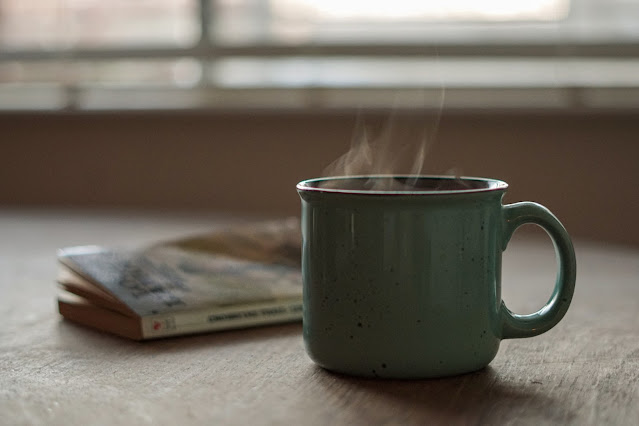The Difference Between Minimalism and Decluttering, and Why It Matters
Even though we tend to use the terms "decluttering" and "minimalism" interchangeably, they aren't the same thing. What's the difference? Here's the short answer: All minimalists live without clutter, but not all who declutter become minimalists.
Most people who declutter have no plans to become minimalist.
Why declutter then?
- They're preparing to move, and don't want to pack up and haul everything.
- They're getting married and need to streamline in order to combine households.
- They're ready to retire and move to a smaller home.
- They've sorted through the accumulated belongings of a deceased parent, and decided they don't want to leave such a burden for their own children.
- Or they might be like I was, and one day they simply reach a point where it's all too much – too expensive, too crowded, too overwhelming.
Regardless of the reason, decluttering is the result.
Maybe you've decluttered a certain area of your life, such as your wardrobe, your kitchen, the basement, your kids' toys, your schedule, or all of the above. And maybe you think that once you've accomplished the purge, you'll never have to do it again.
Unfortunately, this is rarely true. Without a change in mindset and habits, most of us begin acquiring new stuff, much of it destined to become clutter. However, those of us who decide to maintain the uncluttered state often transition to minimalism.
Decluttering is an event, but minimalism is a lifestyle.
I don't think the decision to become a minimalist happens overnight. What occurs most often, and what happened for me, is that as you begin removing excess from your life, you gradually experience a shift in your thinking.
- You notice that your home is calmer, more inviting, and easier to maintain when you have fewer belongings.
- You feel less stress, anxiety, and impatience because your schedule is less packed.
- You're able to focus and get more done.
- When you unsubscribe and unfollow, you stop comparing yourself with others and looking for things to buy.
- You notice that you get dressed with more ease and confidence because your streamlined wardrobe contains only your favorite clothes.
- You find it easier to prepare meals in your uncluttered kitchen, and you feel more health and energy as you eat simpler natural foods.
Sooner or later, these moments of revelation help you realize that "less is more" isn't just a catchy phrase, but a true description of a better way of life. By keeping only the possessions and commitments that add value to your life, and removing the rest, you have opened yourself up to a lot of wonderful possibilities you couldn't see when your home and schedule were so crammed.
This is the point at which a minimalist is born.
You go beyond decluttering and start to challenge our culture's messages that what you own represents how successful you are, that your busyness is an indication of your worth, and that what you always need is more. You decide to stop wasting your time, money, energy, and desire on things that have no lasting value and start focusing on things that do: health, relationships, memories, purpose, kindness.
When I tell people I'm a minimalist, they expect my home to look like a white box with a couple of chairs and a mattress on the floor. It surprises them that my husband and I own a useful amount of such things as furniture and kitchenware, as well as favorite art, books, hobby supplies, and even a few toys for when our grandsons visit.
Here's why you should become minimalist.
You might think you could never be a minimalist because you have a mental image that looks sterile and stingy. But a minimalist lifestyle isn't about deprivation. It isn't about a certain number of things. My minimalism as half of a married couple nearing retirement looks different from the minimalism of a single, 20-something online entrepreneur, and we both look different from the minimalism of a family with several young children.
The important thing isn't how little you own. What matters is the shift in perspective that allows you to go against the cultural flow to craft a life with everything that matters, and nothing that doesn't.
If you're ready, check out my best-selling Minimalist Basics series to get started.*
* This blog is reader-supported. If you buy through my links, I may earn a small commission.
Updated June 2023






Such a good article!
ReplyDelete